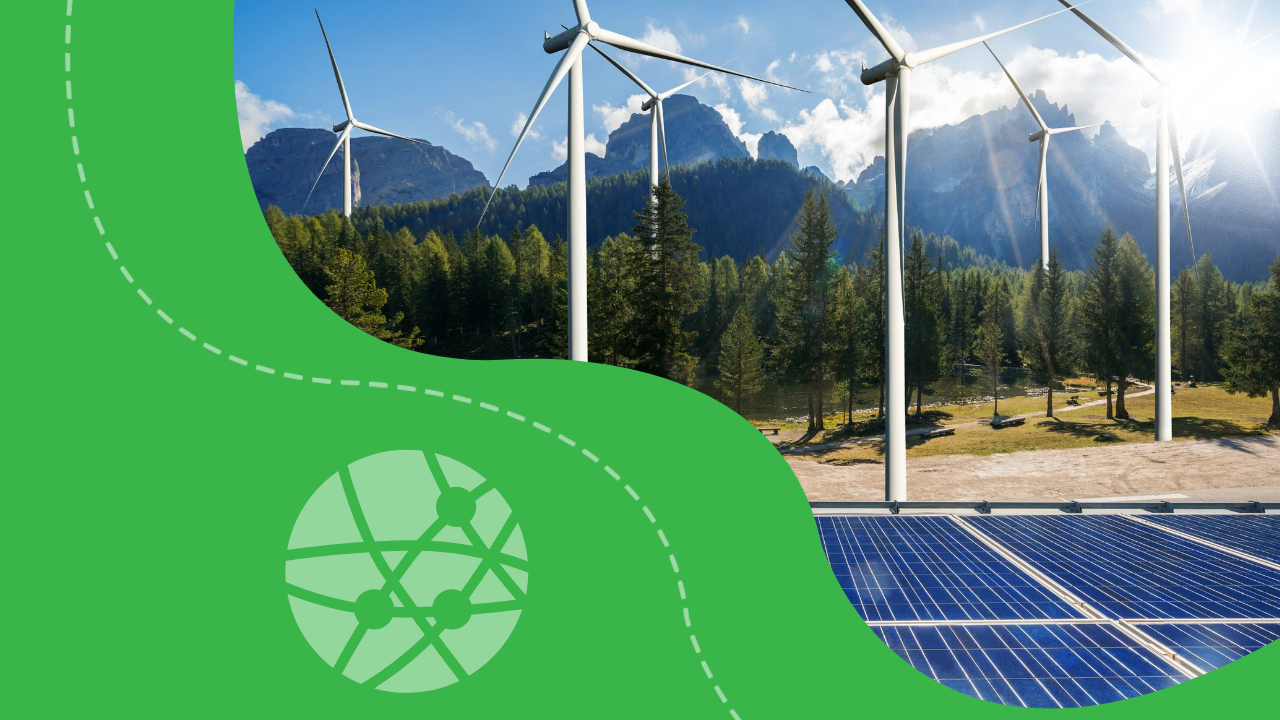Kassym-Jomart Tokayev, President of Kazakhstan, participated in the inauguration of Abu Dhabi Sustainability Week, highlighting a bold new development paradigm during his speech on 14 January. The president emphasized Kazakhstan’s commitment to addressing global climate challenges, including desertification, biodiversity loss, water scarcity, and food insecurity.
As 2025 unfolds, Kazakhstan is actively aligning with European climate standards, implementing both national and international policies to combat global warming. Tokayev underscored Kazakhstan’s strategic importance, with its critical raw materials essential for the global energy transition. These materials include chrome, lead, zinc, and uranium, vital for achieving net-zero greenhouse gas emissions.
Kazakhstan is also advancing its renewable energy sector, with 148 active projects totaling 2.9 GW of capacity and ambitious plans for 26 GW by 2035. Notably, companies have committed to 43 GW of green energy projects, supporting Kazakhstan’s goal of carbon neutrality by 2060. The country is exploring nuclear energy, with plans for its first nuclear power plant, and boasts one of the largest wind farms near its capital.
President Tokayev also addressed environmental priorities, such as biodiversity conservation and reviving the Aral Sea. Additionally, Kazakhstan is positioning itself as a critical transport hub, connecting Asia and Europe via the Trans-Caspian Middle Corridor.
With growing vulnerability to climate change in Central Asia, Kazakhstan is advancing policies to protect ecosystems and promote international cooperation. Tokayev’s leadership signals a proactive approach to renewables, food security, and climate resilience.

